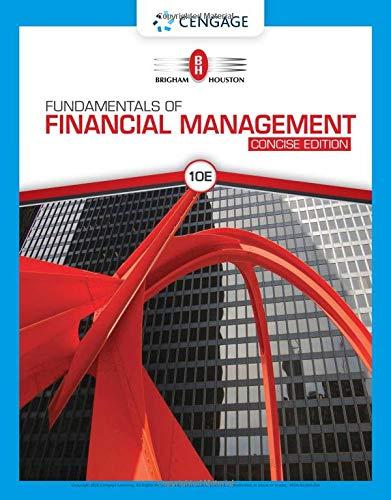Rare Agri-Products Ltd. is considering a new project with a projected life of seven (7) years. The project falls under the government’s subsidy program for encouraging local agricultural products and is eligible for a one-time rebate of 25% on any initial equipment installed for the project. The initial equipment (IE) will cost $41,000,000. At the end of year 1, An additional equipment (AE) costing $3,500,000 will be needed at the end of year 3. At the end of seven (7) years, the original equipment, IE, will have no resale value but the supplementary equipment, AE, can be sold for $50,000. A working capital of $1,350,000 will be needed. The project is forecast to generate sales of agri-products over theseven years as follows: Year 1 70,000 unitsYear 2 100,000 unitsYears 3-5 250,000 unitsYears 6-7 325,000 units A sale price of $150 per unit for the first two years is expected andthen decline to $90 per unit thereafter as the newness of the productloses some sheen. The variable expenses will amount to 30% of salesrevenue. Fixed cash operating expenses will amount to $1,100,000 peryear. The company falls in the 25% tax category for ordinary income and 40%tax category for capital gain. The initial equipment is depreciated as per the 7-year MACRS system and the additional equipment is depreciated on a straight-line basis. In the event of a negative taxable income, the tax is computed as usual and is reported as a negative number, indicating a reduction in loss after tax. The initial financing of the project will be carried out as follows:-55% equity and 45% debt. The company paid $1.50 per share in the form of dividend this year, which is likely to increase at a rate of 3% per year for the near future. The current price of the company’s stock is $9.50 per share. The bank loan is likely to be arranged at an interest rate of 13.5% p.a. You are required to: Compute the earnings after taxes for years 1 through 7 Compute the OCF for years 1 through 7 Compute the Terminal cash flow
Rare Agri-Products Ltd. is considering a new project with a projected life of seven (7) years. The project falls under the government’s subsidy program for encouraging local agricultural products and is eligible for a one-time rebate of 25% on any initial equipment installed for the project. The initial equipment (IE) will cost $41,000,000. At the end of year 1, An additional equipment (AE) costing $3,500,000 will be needed at the end of year 3. At the end of seven (7) years, the original equipment, IE, will have no resale value but the supplementary equipment, AE, can be sold for $50,000. A working capital of $1,350,000 will be needed.
The project is
seven years as follows:
Year 1 70,000 units
Year 2 100,000 units
Years 3-5 250,000 units
Years 6-7 325,000 units
A sale price of $150 per unit for the first two years is expected and
then decline to $90 per unit thereafter as the newness of the product
loses some sheen. The variable expenses will amount to 30% of sales
revenue. Fixed cash operating expenses will amount to $1,100,000 per
year.
The company falls in the 25% tax category for ordinary income and 40%
tax category for
The initial equipment is
The initial financing of the project will be carried out as follows:-
55% equity and 45% debt. The company paid $1.50 per share in the form of dividend this year, which is likely to increase at a rate of 3% per year for the near future. The current price of the company’s stock is $9.50 per share. The bank loan is likely to be arranged at an interest rate of 13.5% p.a.
You are required to:
Compute the earnings after taxes for years 1 through 7
Compute the OCF for years 1 through 7
Compute the Terminal cash flow
Step by step
Solved in 2 steps









